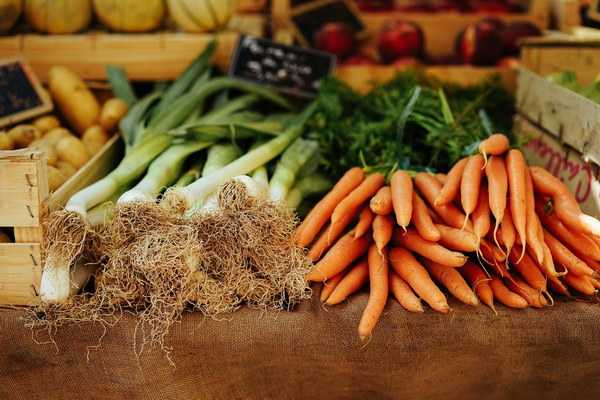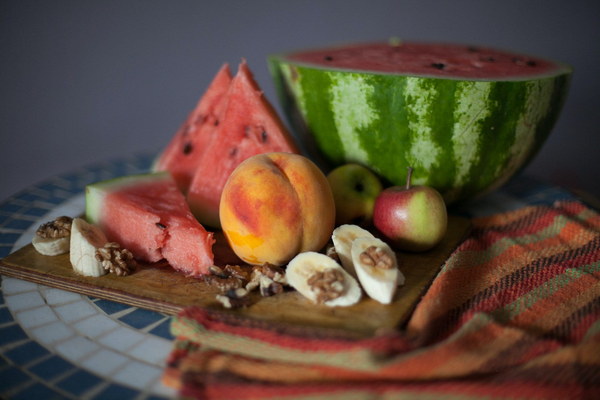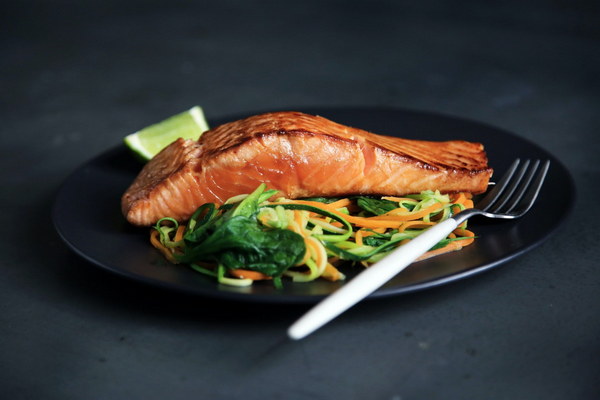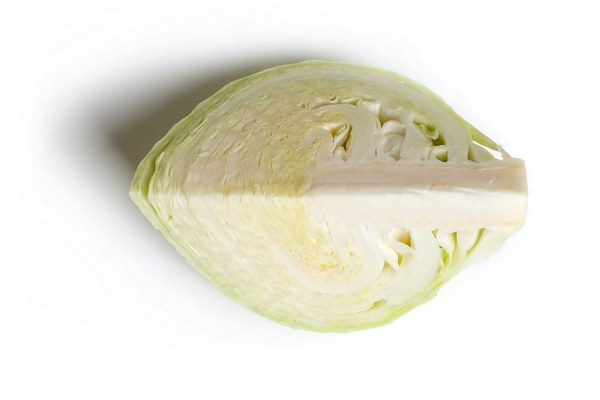Nourishing Your Lungs A Dietary Approach to Alleviating Increased Pulmonary Vascularity
Introduction:
Increased pulmonary vascularity, often referred to as pulmonary interstitial emphysema, is a condition characterized by an exaggerated interstitial pattern on chest X-rays. This condition can be caused by various factors, including chronic obstructive pulmonary disease (COPD), pulmonary fibrosis, and other lung diseases. While medical treatment is essential, incorporating a lung-friendly diet can help alleviate symptoms and improve overall lung health. This article explores the benefits of certain nutrients and foods that can support lung function and help reduce pulmonary vascularity.
1. Omega-3 Fatty Acids:
Omega-3 fatty acids, found in fish, flaxseeds, and walnuts, have been shown to reduce inflammation and improve lung function. Studies suggest that individuals with COPD and pulmonary fibrosis may benefit from increased omega-3 consumption. Incorporate these foods into your diet to help reduce pulmonary vascularity:
- Fish: Salmon, mackerel, sardines, and trout are rich in omega-3 fatty acids.
- Flaxseeds: Sprinkle flaxseeds on salads, yogurt, or oatmeal.
- Walnuts: Enjoy a handful of walnuts as a healthy snack or add them to salads.
2. Antioxidants:
Antioxidants, such as vitamins C and E, selenium, and beta-carotene, can help combat oxidative stress in the lungs. This can be particularly beneficial for individuals with increased pulmonary vascularity. Foods high in antioxidants include:
- Berries: Blueberries, strawberries, raspberries, and blackberries are excellent sources of antioxidants.
- Leafy greens: Spinach, kale, and Swiss chard are rich in antioxidants and vitamins.
- Nuts and seeds: Almonds, Brazil nuts, and sunflower seeds provide selenium and vitamin E.
- Sweet potatoes: These are an excellent source of beta-carotene and vitamin A.
3. Vitamin D:
Vitamin D plays a crucial role in lung function and immune system regulation. Deficiency in vitamin D has been associated with increased pulmonary vascularity and other lung diseases. To ensure adequate vitamin D levels, consider the following dietary sources:
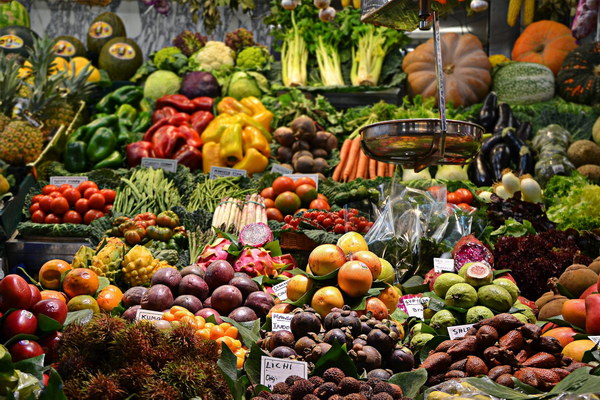
- Fatty fish: Tuna, mackerel, and salmon are excellent sources of vitamin D.
- Egg yolks: Include eggs in your diet, but be mindful of cholesterol content.
- Fortified foods: Milk, orange juice, and cereals are often fortified with vitamin D.
4. Probiotics:
Probiotics, found in fermented foods, can help maintain a healthy gut microbiome, which is essential for overall lung health. Foods rich in probiotics include:
- Yogurt: Choose plain, unsweetened yogurt with live cultures.
- Kefir: This fermented milk drink contains probiotics and is available in various flavors.
- Sauerkraut: This fermented cabbage dish is an excellent source of probiotics.
5. Avoiding Certain Foods:
In addition to incorporating lung-friendly foods, it's essential to avoid certain foods that may exacerbate pulmonary vascularity. These include:
- High-fat foods: These can contribute to inflammation and lung disease.
- Processed foods: High in sodium and unhealthy fats, these foods can worsen lung symptoms.
- Alcohol: Excessive alcohol consumption can damage lung tissue and worsen lung function.
Conclusion:
Increased pulmonary vascularity can be a challenging condition to manage. However, adopting a lung-friendly diet rich in omega-3 fatty acids, antioxidants, vitamin D, and probiotics can help alleviate symptoms and improve overall lung health. By incorporating these nutrients and foods into your daily routine, you can support your lungs and reduce the impact of increased pulmonary vascularity. Consult with a healthcare professional for personalized dietary recommendations and to address any concerns regarding your lung health.
